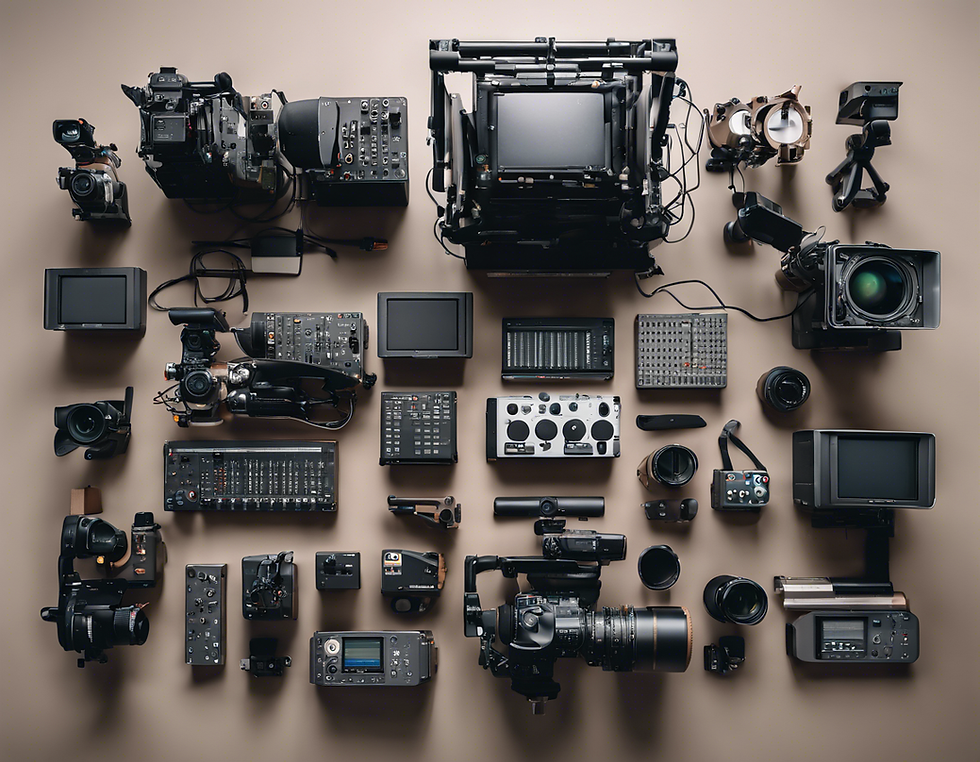From Business Cards to Business Dinners: The Complete Guide to Japanese Business Etiquette for Global Professionals
- Yoshi Hero

- Oct 10, 2025
- 3 min read
Success in Japanese business depends on more than just the quality of your product or service. A deep understanding of the local business culture, which prioritizes respect and trust, is absolutely essential. For professionals visiting from abroad, navigating the nuances of everything from exchanging business cards to conducting meetings and attending dinners can be challenging. In this guide, we leverage our extensive experience from countless international projects to explain the fundamental Japanese business manners every global professional should know.
The First Impression: The Ritual of "Meishi Kokan" (Exchanging Business Cards)
Business in Japan begins with the formal ritual of exchanging business cards. This is more than a simple swap of contact information; it's the first and most important expression of mutual respect.
Key Etiquette:
Always present and receive cards with both hands, accompanied by a slight bow.
Do not immediately put the card away. During the meeting, place it respectfully on the table in front of you. (If you receive multiple cards, place the card of the most senior person on top of your card case).
Avoid writing notes on the card in front of the person who gave it to you.
Meetings & Decisions: The Meaning of "Silence" and "Nemawashi"
While Western meetings often thrive on active debate, Japanese meetings frequently serve as a ceremony to confirm a pre-arranged consensus.
Key Etiquette:
"Silence" in a meeting does not necessarily mean disagreement. More often, it is a sign of deep listening and careful consideration.
Major decisions are typically made through "Nemawashi," an informal, behind-the-scenes process of consensus-building before the formal meeting takes place. Therefore, presenting a brand-new idea in a meeting and expecting an immediate decision is uncommon.
Deepening Trust at Dinner: Who Pays, and Why?
Business dinners are a vital opportunity to build personal relationships in a relaxed atmosphere. This is also where one of the biggest cultural differences often appears: paying the bill.
Key Etiquette:
In Japan, it is customary for the host to pay for the entire meal. This is a key part of "Omotenashi" (hospitality) and is a gesture of gratitude for the guest's time.
While it is polite for the guest to offer to pay, insisting too strongly can be seen as undermining the host's gesture. The smoothest approach is to step away during the payment and express your sincere gratitude by saying, "Gochisousama deshita" (Thank you for the wonderful meal).
Eiwa Media's Role: Your "Cultural Interpreters"
Our role extends beyond video production. We act as your cultural interpreters, ensuring that differences in business practices never become a barrier to your project's success. From arranging meetings to advising on dinner etiquette, we provide comprehensive support so you can focus on your business goals in Japan with confidence.
Discover how we supported the World Bank’s international conference, UR 2024.
"We were commissioned to produce the official video coverage for an international conference hosted by the World Bank. The event brought together VIPs and delegates from a multitude of cultural backgrounds. Our role extended beyond filming; we acted as a communication bridge, explaining the nuances of Japanese formal event protocols to international attendees to ensure every guest felt welcomed and respected. By facilitating this layer of cross-cultural understanding, we helped the organizers achieve a truly seamless and successful global event, earning praise for our contribution to smooth international relations."
Let Eiwa Media handle the cultural complexities of your next project in Japan.



Comments